Did you know the Mediterranean diet is one of the healthiest diets in the world?
It’s ranked No. 1 by U.S. News & World Report and a favorite among physicians and registered dietitians due to the ease at which people can stay on it for the long term. In this way, it’s more of a lifestyle change than a diet.
There is much research and evidence related to the benefits of a Mediterranean diet and how it enables people to lose weight, reduce their cholesterol levels and improve their heart health, among other benefits.
Folks living in these geographic regions encounter the lowest incidence of cancer and diabetes. And many of these people live healthier, longer lives with the least amount of dementia.
Irene Franowicz, registered dietitian and certified diabetes educator at Spectrum Health, teaches a 10-week class on Eating the Mediterranean Way. Students join together weekly to learn more about this way of life and share tips and pointers for success. It’s a small class with lots of one-on-one time with Franowicz.
In the first class, she teaches some of the basics of the diet, and shares the following tips.
1. Don’t starve yourself
Franowicz says the key to any diet is to not deprive yourself.
“I’m not in favor of a super low-carb diet,” she says. “I try for 30 grams of carbs per meal with 120 grams of carbs per day for weight loss and insulin resistance. Everyone wants to see super-fast results, but that’s not always the best way. Food is something that is to be enjoyed, and when you can’t socialize with people anymore, or eat out with others, it’s likely not the right program.”
She says your goal should be to find a natural healthy weight while honoring hunger and fullness levels. When people deprive themselves, they may fall off the wagon and binge.
2. Focus on the Mediterranean tenets
Think Mediterranean when grocery shopping.
- Fish, lean meat, beans
- Fruit, vegetables
- Nuts, whole grains
- Healthy fats of olive oil, olives, avocados
Focus on whole foods such as nutrient-dense fruits and vegetables, nuts and seeds, and plenty of healthy fats.
3. It’s not all about carb-counting
Your body needs carbs for your brain and muscles to work, and for exercise.
Find the right number that works best for you.
Franowicz tells her patients to avoid extreme low-carb diets as they are too restrictive.
“It may work and deliver results in the short-term, but is unsustainable,” she says. “You need good carbs for serotonin levels—anxiety and depression can come from too few carbs. You need carbs for your brain and nervous system to work.”
The Mediterranean diet is more of a low-glycemic diet. Don’t be afraid of whole grains that pack a variety of health benefits such as iron and soluble fiber. Nuts, seeds and other healthy sources of fiber create a slower release of insulin and keep you feeling full longer. Natural carbs such as whole grains, vegetables, fruits and legumes are good for you. Try a whole grain toast like the Mediterraneans eat with peanut butter or almond butter for a good dose of monounsaturated fats and fiber. This will likely translate into you eating less over time.
4. Learn your low-glycemic foods
Most fruits (especially berries), citrus, apples and pears, vegetables, legumes, minimally processed grains, oatmeal, nuts, legumes, hummus, kidney beans and chickpeas all fall lower in the low-glycemic index realm.
Fun fact: Stay away from white rice.
According to Harvard’s conference on Healthy Lives and Healthy Kitchens, three or more servings of brown rice on a regular basis can lower a person’s chance of diabetes. Five or more servings of white rice on a regular basis can increase a person’s chance of diabetes.
Franowicz tells her patients to choose fiber-rich, natural carbs such as vegetables, fruits and legumes. When paired along with a source of protein and healthy fat, you’re really taking in a nutritious meal.
“When all of these good groups are present together on your plate, you will be sure to be satisfied and full, and the meal will stay with you longer,” she says.
She also recommends eating grain products in the least processed state possible (think stone-ground whole wheat bread).
Pro tip: Freeze bread from a local bakery (check out Field and Fire or Nantucket) that is whole grain and use it for toast. This style of bread is a part of a healthy diet and completely welcome in moderation as a part of the Mediterranean diet.
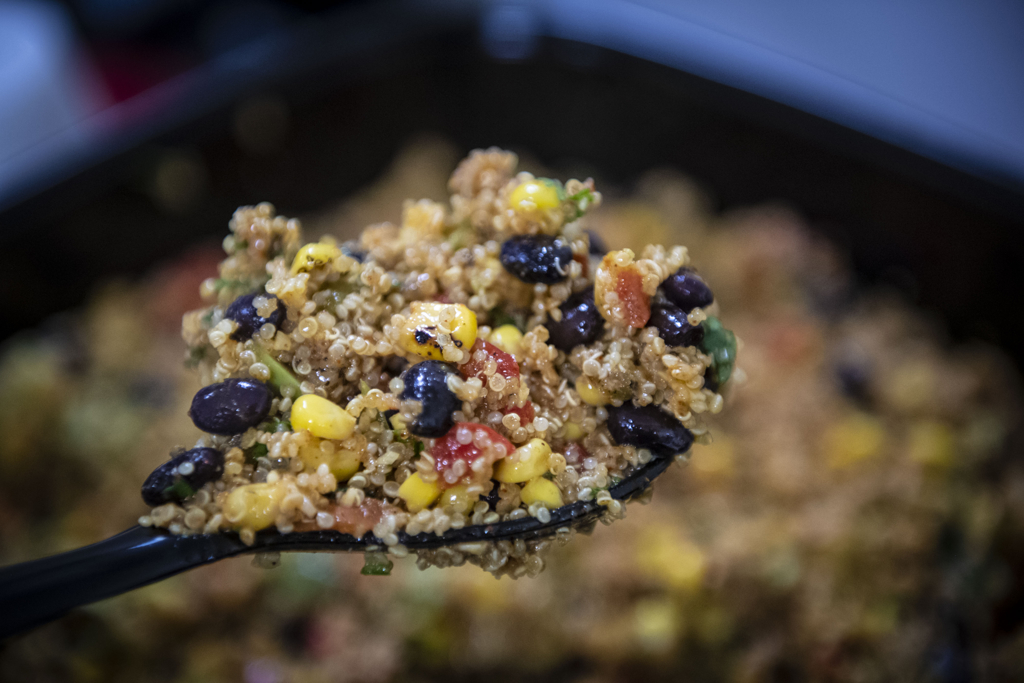
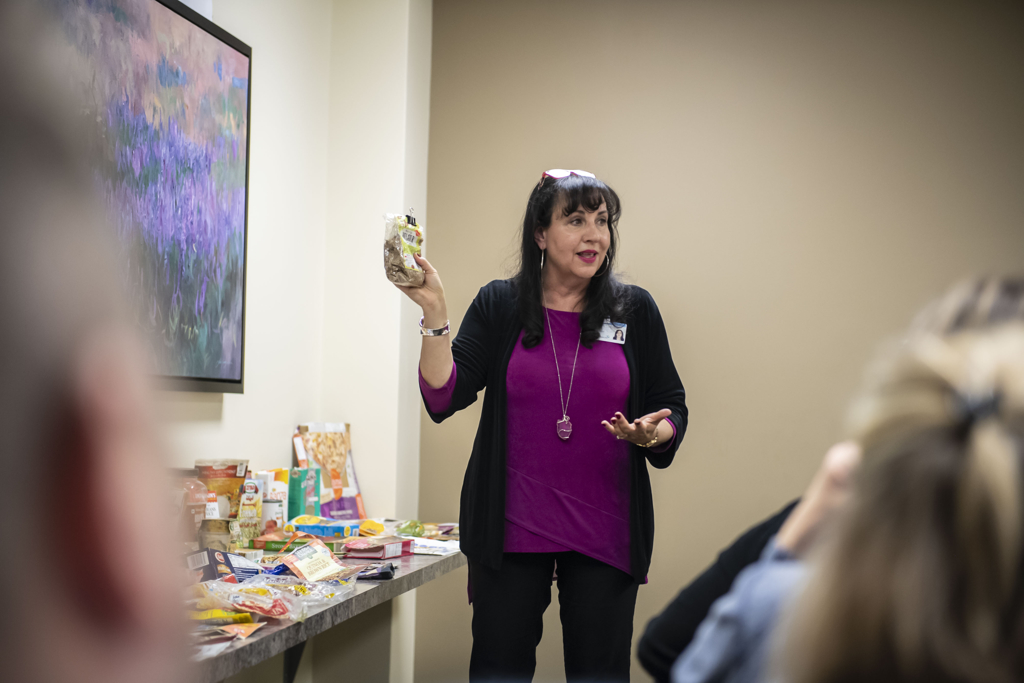
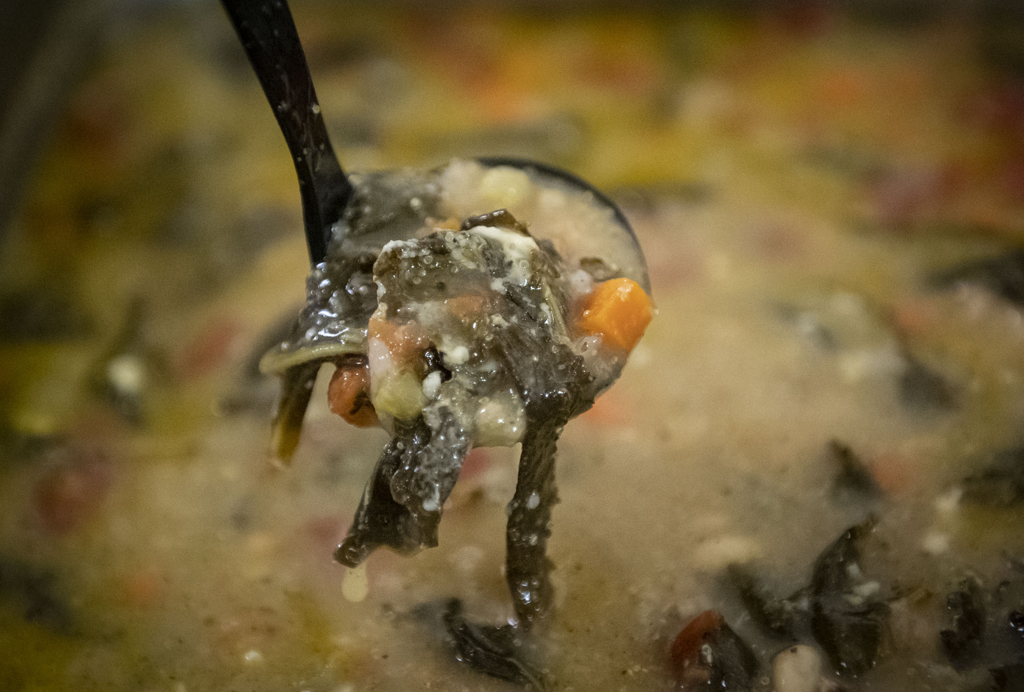
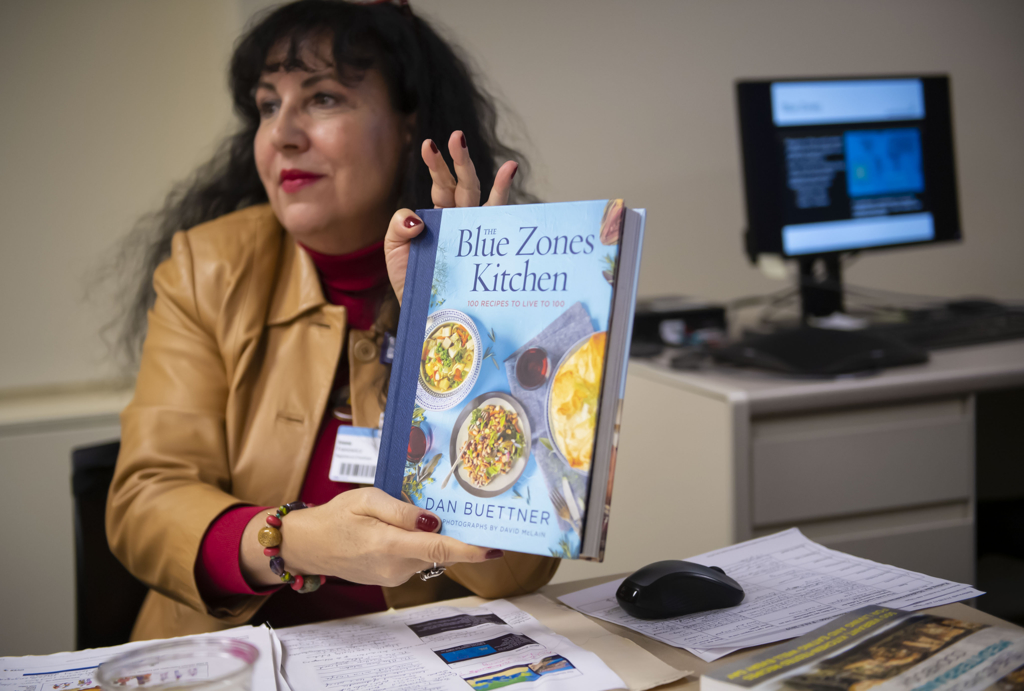
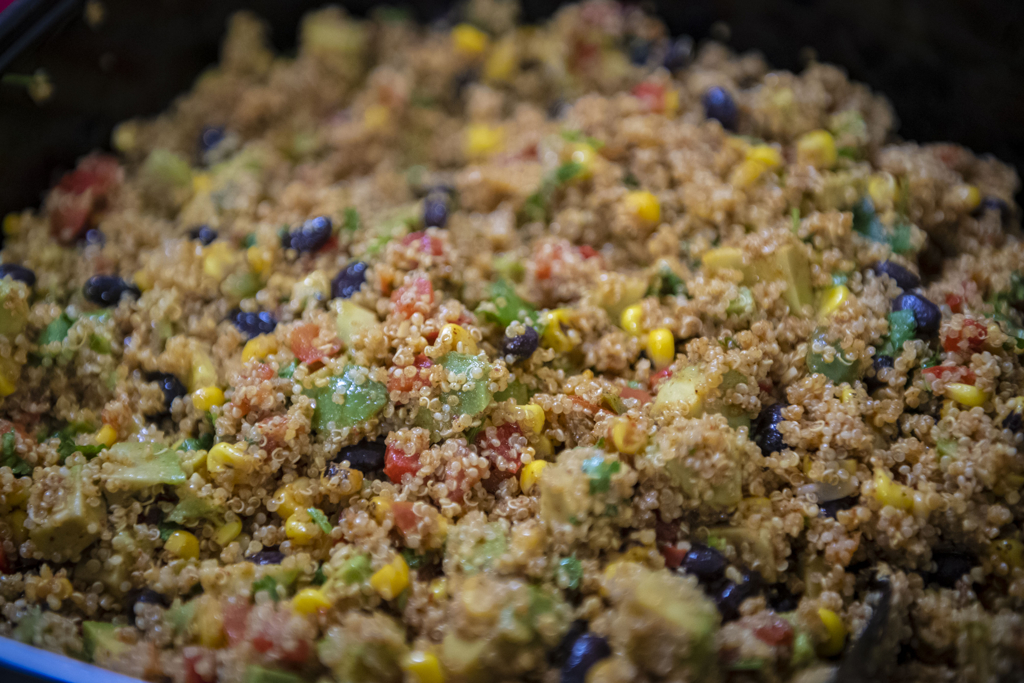

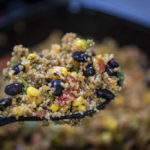






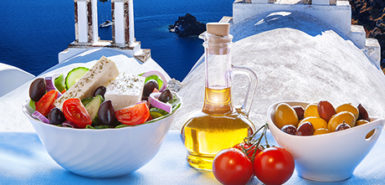 /a>
/a>
 /a>
/a>
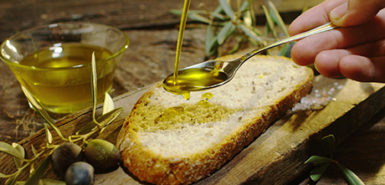 /a>
/a>